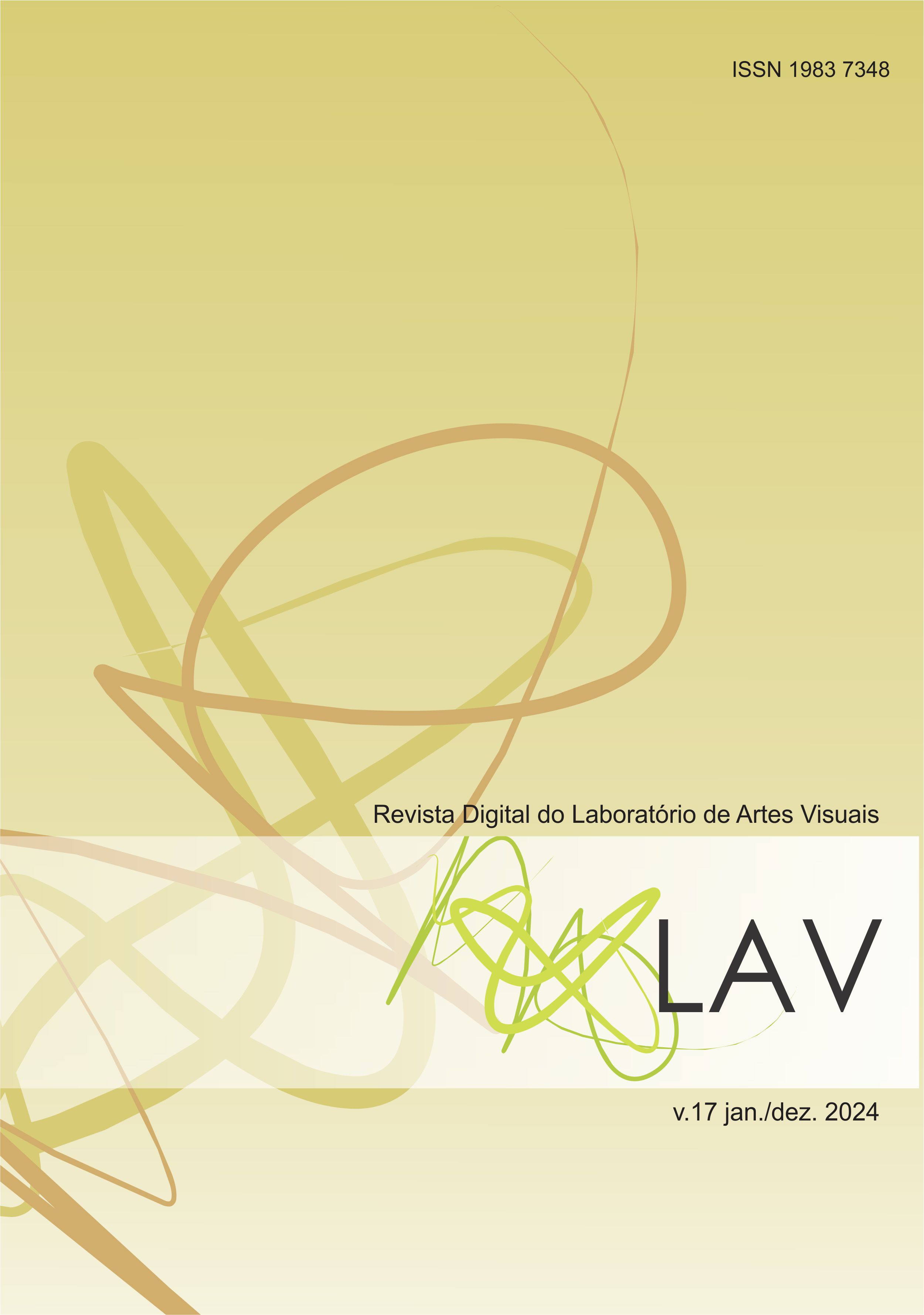Studio of worlds: politics of time and meanings of school
DOI:
https://doi.org/10.5902/1983734887872Keywords:
Time, Scholé, Creation, Enchantment, DisenchantmentAbstract
The ancient Greeks regarded School as temporal quality. Scholé means free time, not as an invitation to inaction, but as an openness to indetermination. In the Classical period, School is a space-time that are not determined by the productive time, and for this exact reason, they lead to creative thinking. As modernity makes way, the times of productivity and learning become more and more indistinct until they merge. School becomes, to a great extent, the space that prepares and anticipates productive work. In this article, this reality is analyzed, studying time and its political implications, outlining its connections to the meanings of School. The text support the possibility that it is possible for the School to recover the affinity with indetermination, refusing to be guided by production time, and reinforcing its connection with creation time. The concepts of disenchantment and re-enchantment of the world are addressed, as well as the plurality of time concepts specific to different cultures, investigating the political-social complexity of these phenomena. Besides, it dialogues with the ideia of poetic thinking, and finally, clames for an education with art, bearing in mind that, beyond the idea of a factory of workers, there is an urgency to conceive the School as a large space of creation: as an interrupting studio of worlds.
Downloads
References
ANTÔNIO, Severino. Poetizar o pedagógico: alguns ensaios, de modo constelar. Piracicaba: Biscalchin Editor, 2013.
ARANTES, Paulo Corrêa. Kairós e Chrónos: origem, significado e uso. Revista Pandora. Brasil, n. 69, p. 01-09, dez. 2015. Disponível em: https://revistapandorabrasil.com/revista_pandora/edicao69.htm. Acesso em: Janeiro de 2024.
ARAUJO, Janice Débora de Alencar Batista; COSTA, Rebeka Rodrigues Alves da; FROTA, Ana Maria Monte Coelho. De chrónos à aión - onde habitam os tempos da infância? Childhood&philosophy, Rio de Janeiro, p. 01-24, v. 17, mai. 2021. Disponível em: http://educa.fcc.org.br/scielo.php?script=sci_arttext&pid=S1984-59872021000100207. Acesso em: Fevereiro de 2024. DOI: https://doi.org/10.12957/childphilo.2021.56866
CRARY, Jonathan. 24/7: Capitalismo tardio e os fins do sono. São Paulo: Cosac Naify, 2014.
FARIA, Priscilla Menezes de. O pensamento poético como estratégia de reencantamento do mundo. Arte & Ensaios, Rio de Janeiro, PPGAV-UFRJ, v. 28, n. 43, p. 88-105, jan.-jun. 2022. Disponível em: https://revistas.ufrj.br/index.php/ae/article/view/54248. Acesso em: Fevereiro de 2024. DOI: https://doi.org/10.37235/ae.n43.5
KOHAN, Walter Omar. A escola como experiência: entrevista com Walter Omar Kohan. Revista Eletrônica de Educação, Campinas, v. 12, n. 1, p. 298-304, jan./abr. 2018. Disponível em: https://www.reveduc.ufscar.br/index.php/reveduc/article/view/2297. Acesso em: Dezembro de 2023. DOI: https://doi.org/10.14244/198271992297
KOHAN, Walter Omar. A infância da Educação: o conceito devir-criança. Revista Educação Pública, Rio de Janeiro, v. 2, nº 1, 31 de dezembro de 2005. Disponível em: https://educacaopublica.cecierj.edu.br/artigos/2/1/a-infancia-da-educacao-o-conceito-devir-crianca. Acesso em: Janeiro de 2024.
LARROSA, Jorge. O enigma da infância: reflexões sobre a sociedade contemporânea. Petrópolis: Vozes, 2014.
_____. Pedagogia Profana: danças, piruetas e mascaradas. Belo Horizonte: Autêntica, 2006.
PIERUCCI, Antonio Flavio. O desencantamento do mundo: todos os passos do conceito em Max Weber. São Paulo: Editora 34, 2003.
PRANDI, Reginaldo. O candomblé e o tempo: concepções de tempo, saber e autoridade da África para as religiões afro-brasileiras. Revista Brasileira de Ciências Sociais, v. 16, n. 47, p. 43–58, out. 2001. Disponível em: https://www.scielo.br/j/rbcsoc/a/BZgDYKY47Nn3gdPDwRTzCLf/abstract/?lang=pt. Acesso em: Dezembro de 2023. DOI: https://doi.org/10.1590/S0102-69092001000300003
SALLES, Cecilia. A. Gesto inacabado: processo de criação artística. São Paulo: Annablume, 2004.
SIMAS, Luiz Antonio; RUFINO, Luiz. Encantamento sobre política de vida. Rio de Janeiro: Mórula, 2020.






